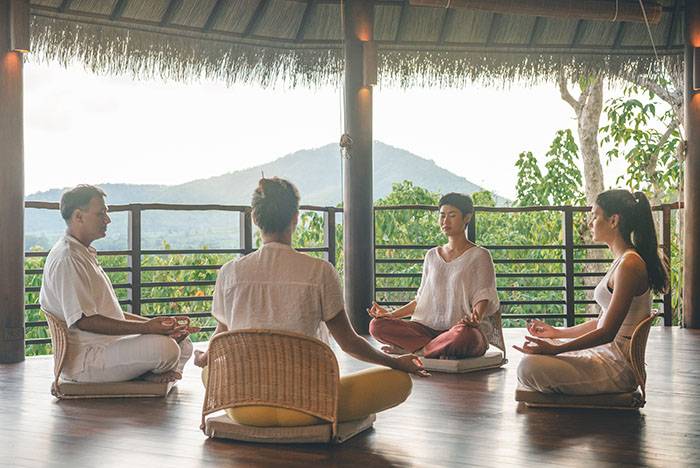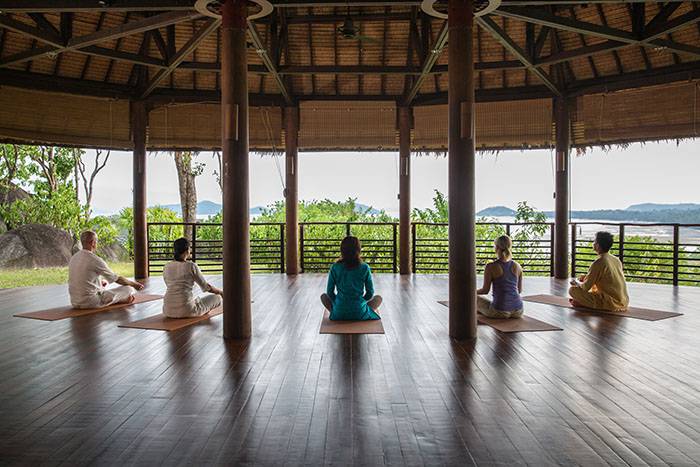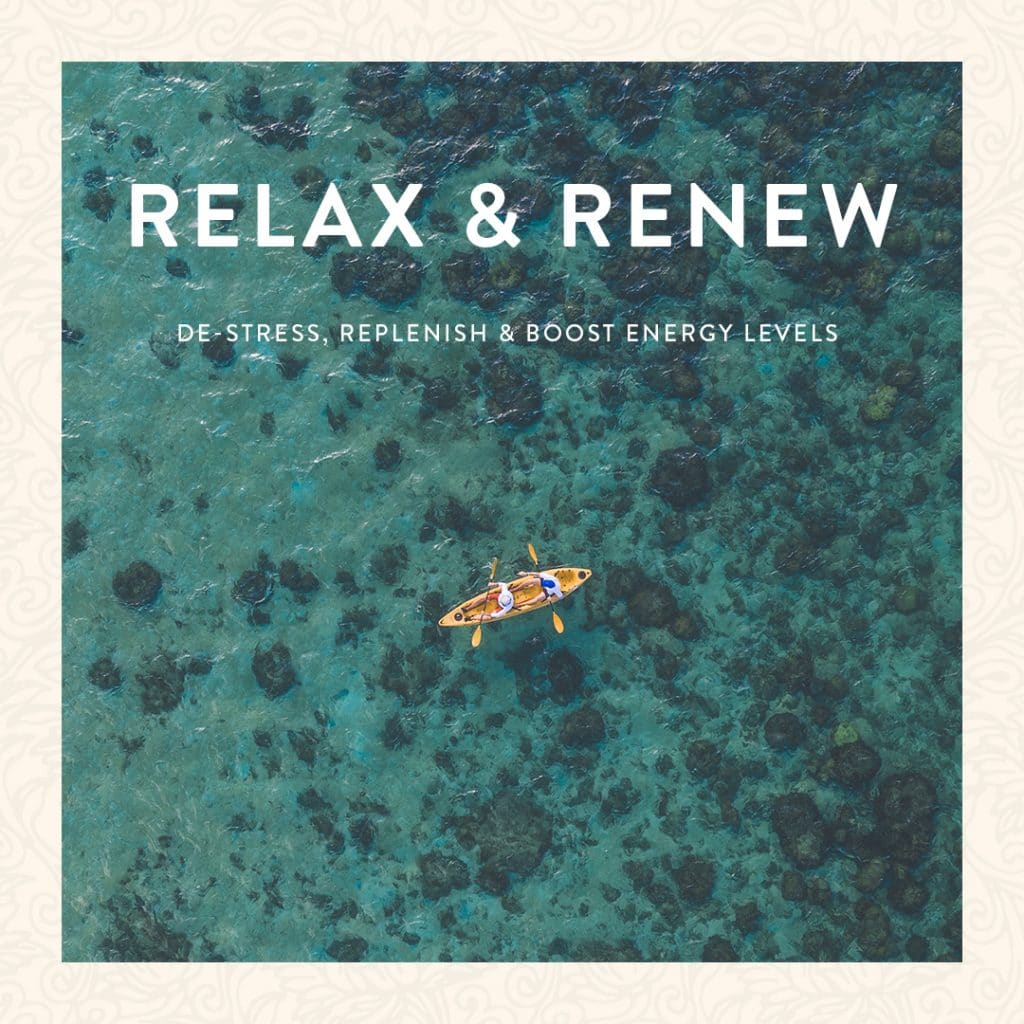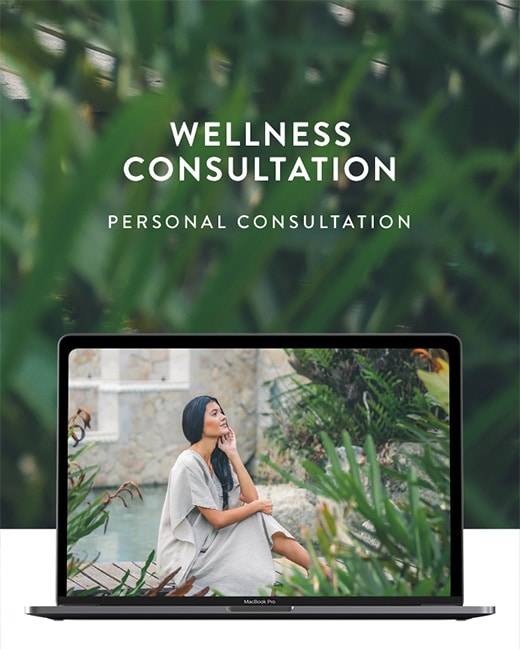MINDFULNESS TIPS TO REDUCE STRESS

Practicing mindfulness can help interrupt the stress cycle to allow space to respond instead of having and emotional outburst. Discover our top tips and practices to equip you with tools to navigate through stress.
What is mindfulness?
Mindfulness means being fully aware of our thoughts, feelings, bodily sensations, and surrounding environment, through a gentle and nurturing viewpoint.
Mindfulness also requires acceptance, meaning that while we pay attention to our thoughts and feelings, we should not be judging them. For instance, without believing that there’s a “good” or “bad” way to think or feel in any given moment. When we practice mindfulness, our thoughts tune into what we’re sensing in the present moment rather than revising the past or envisioning the future.
What Is Stress?
Stress is the brain and body’s reaction to change, challenge, or demand. It is also the body’s natural defense against danger brought on by an event or thought that makes you feel angry, enraged, or anxious. When a stressful event occurs, the body is flooded with hormones to avoid or confront danger. This is commonly referred to as the fight-or-flight response.
Stress can become a chronic condition if the proper steps to manage it are not taken. Chronic stress can cause chemical changes in the body that may raise blood pressure, heart rate, and blood sugar levels. Long-term stress or high levels of stress may also lead to mental and physical health problems. That is why it is vital to be able to manage and reduce your stress. But what exactly does it mean?
We all have a sense of how stress manifests in our personal life. Many people would say they are looking for relief from the worries that afflict them, while others might point to their stiff neck or tight jaw or mention their headaches. However, we experience it personally, stress impacts both our minds and bodies. It is a state of hyper-arousal where our minds and bodies are on alert, our adrenaline is flowing, and we feel a need to do something to protect ourselves.
How Do You Respond to Stress?
Strategies like ignoring or denying stress, or distracting ourselves, which may be effective only on short-term basis, can also undermine our health and happiness in the long run. Meanwhile, studies show that present-moment awareness or being mindful, increases stress resilience and effective coping.
Being present in the moment involves monitoring and attending to current experience rather than trying to predict the future or dwell on the past. The tendency to remain in the present moment is linked to numerous health benefits including lower levels of perceived stress, anxiety and depression, improved mood, and a sense of improved wellbeing.
Top 6 Mindfulness Tips:
- Pay Attention to the Present Moment.
The mindful practice of paying attention to the present moment helps us control the racing, repetitive, and non-productive thoughts that lead to stress. It allows us, in effect, to self-regulate. One tool that is extremely helpful in reducing stress and anxiety is to be present in your physical body—practice breath-based movements like yoga, Tai Chi, or Qi Gong. Dancing to music you love is another way to be present in your physical body in those moments.
- Pause and Take a Deep Breath.
When you start to notice anxiety on a situation out of your immediate control, another helpful strategy in alleviating it is to pause and take a deep breath. Despite being simple enough, one would be surprised at how often we overlook this super helpful move. As you breathe in and out, tell yourself that you accept what you cannot change, and remind yourself of what you can control – your reaction.
- Adopt an Attitude of Self-Compassion.
Self-compassion is the ability to be mindful of your emotions—aware of the emotions that are going on inside whenever you fail at something. It doesn’t mean you have to identify with them; you can just observe and notice them, without feeding the fire. Self-compassion also entails understanding that everyone makes mistakes and that it’s part of being human. And it is the ability to speak to yourself the way you would speak to a friend who just failed, warmly and kindly.
- Take a Walk Outside.
Set aside 10 to 20 minutes to take a walk outside by yourself every day for a week. As you walk, try to notice as many positive things around you as you can. These can be sights, sounds, smells, or other sensations. For example, you could focus on the breathtaking height of a tree you never really noticed before, the intricate architecture of a building on your block, the dance of sunshine off a window or puddle, the smell of grass or flowers, or the way other people look out for each other as they steer crowded streets.As you notice each of these positive things, acknowledge each one in your mind—don’t just let them slip past you. Pause for a moment as you hear or see each thing and make sure it registers with your conscious awareness, really take it in. Try to identify what it is about that thing that makes it pleasurable to you. Try to walk a different route each day so you don’t become too accustomed to any of these things and start to take them for granted.
- Practice Gratitude.
When you are in a stressful situation, think of a minimum of three things for which you are grateful or ask yourself, “What might this difficult situation be trying to teach me?” Perhaps it will help you become more patient, calm, or accepting of yourself and others.
- Get Your Face out of Your Phone.
Your phone is your everything, all-the-time, go-to, distractor device. It’s like having someone elbowing and nagging you all day. It constantly steals your attention and awareness from being in the present moment. Set some boundaries on when, where, and how you can use it. Beware letting it dominate during social occasions. Try putting the phone away completely during meals and social encounters. Pick a few places—doorways, elevators, in line at the store—where you can make a mental note to avoid it, and take those moments when you’d be deep in cyberworld to follow your breath instead.
Try our Breath Awareness Meditation to help you practice mindfulness or if you need a more immersive experience to manage stress, then our Stress Management consultation with Life Enhancement Mentors might be for you. Alternatively, Kamalaya Koh Samui offers several wellness programs for Stress and Burnout and with Thailand’s borders fully open, it is a good time to plan your next retreat in Koh Samui. Relax & Renew program is perfect for anyone wanting a break from the demands of modern life or to treat themselves to a reconnection to their spirit.

Click on the button to load the content from embed.podcasts.apple.com.
RELAX & RENEW PROGRAM
at Kamalaya Koh Samui
Relax and Renew is perfect for anyone wanting a break from the demands of modern life or to treat themselves to a reconnection to their spirit.
Choose from 3, 5, 7, 9 or 14 days
BOOK A WELLNESS CONSULTATION WITH KAMALAYA NATUROPATH
on Kamalaya Connect
These sessions provide an opportunity to discuss any wellness concerns, as well as review your health goals, medical conditions and reports in complete confidence.
US$ 94
45 minutes


















